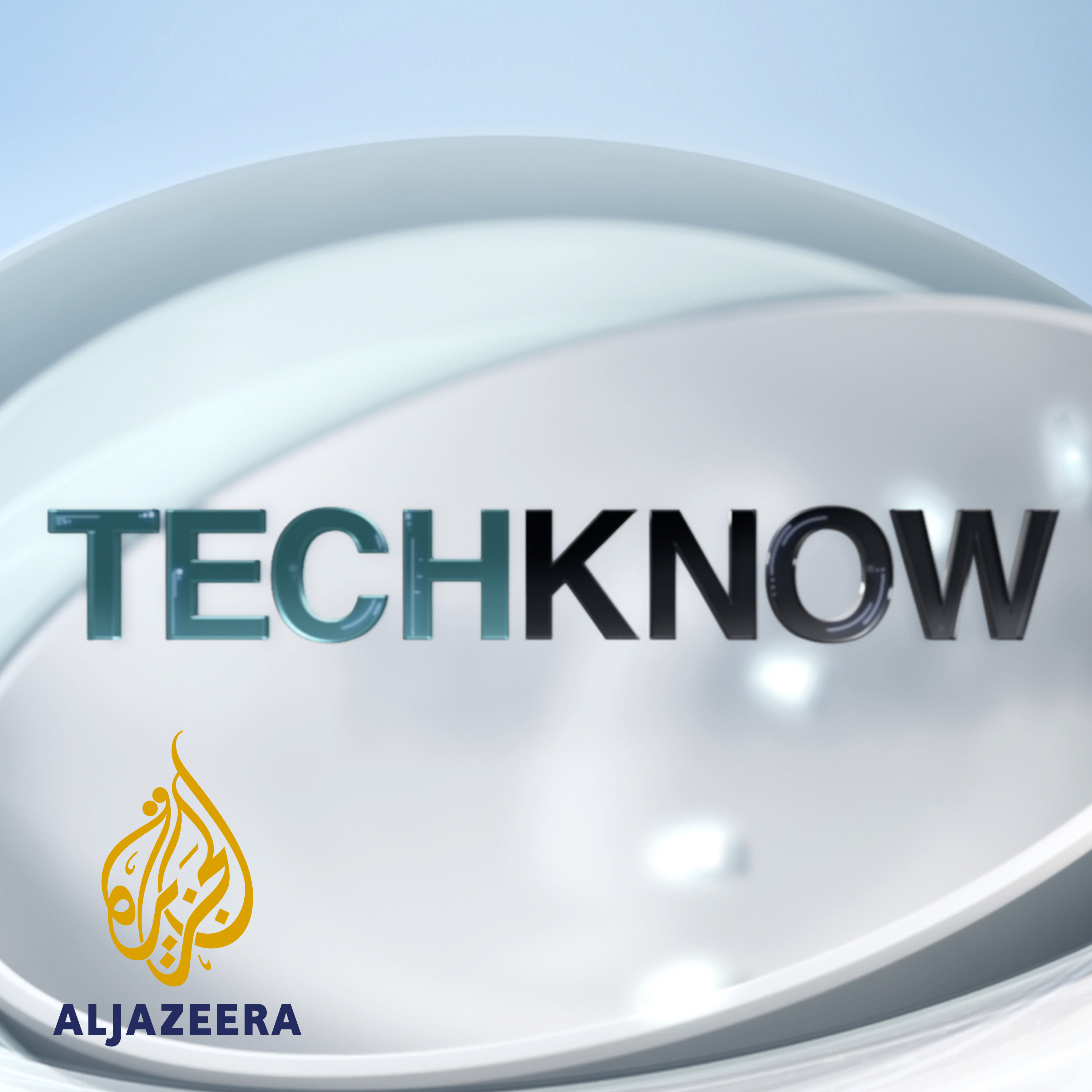Vision for the blind: Disabled life enhancements - TechKnow
Description
US paralympic athletic champion Lex Gillette holds the long jump world record. But while his athletic abilities put him at the top of his sport, he often struggles with common tasks most people take for granted.
Gillette has been blind since age 8, and navigating a grocery store would be "one of those things where a lot of times the stores will have a customer service area, so I would go to that desk that would require me to have a specific list of items," he says.
"There are those times when you want to learn more about the product, learn what kinds of ingredients are in them and maybe want to make a better selection. I'm an athlete so a lot of times I am very particular what goes into my body."
Recently, Gillette has replaced the help desk for Aira, a tool which allows him to connect in real time to an agent assistant who could be hundreds of kilometres away from him, but is viewing exactly where he is.
Smart glasses with a built-in camera are paired with an app on the user's phone. When they want assistance, they press a button and via cellular service they're connected to an agent. Those currently using this technology are called 'explorers'.
"The agent sees the video in real time streaming from the glasses that the explorer is wearing, their GPS
location and a full profile on the user," says Erin Cater, the manager of agent assistant operations at Aira. This technology helps vision-impaired people navigate freely, affording them a new level of freedom.
Cater says being an Aira agent "means we get to assist the blind with their day-to-day tasks and give them more independence and freedom. Sighted folks kind of take for granted just jumping in the car and running to the grocery store to pick up a simple item and getting back home. Now with the use of Aira they can really incorporate that and just jump on public transportation or an Uber and run to the grocery story without sighted assistance."
According to the World Health Organization, approximately 253 million people globally are vision impaired or totally blind, and Aira is just one example of new technologies that are being developed to help even the playing field for this segment of the population.
While grocery shopping is just one small task in Gillette's life, he uses this technology for more complex
situations like travelling or visiting major cities for the first time.
"For me there are times when you want to have that specific information, you want as many details as possible. For example, when I went to Vegas I called up Aira and they were able to navigate me around on the strip - it was an amazing experience because I felt really empowered and I hadn't done
anything like that before," says Gillette.
As populations age and impairments become more prevalent, TechKnow looks at what technologies are needed to we ensure that people can live independently at home, safer and happier.
More from TechKnow on:
Twitter - https://Twitter.com/AJTechKnow
Website - http://aljazeera.com/TechKnow
Subscribe to AJE on YouTube - http://aje.io/YTsubscribe
More Episodes
Erica, who has a beautiful face and speaks with a synthesised voice, is one of the most advanced and autonomous androids in the world.
The human-like robot was created in Japan in 2014 and was developed to be capable of conversational interaction. Since then, a total of four models have been...
Published 12/24/17
Published 12/24/17
The devastating effects of climate change are everywhere. Now, the fight to save the planet is taking an innovative turn. What if scientists could offset dangerous greenhouse gas levels by capturing CO2 from the atmosphere and putting it to use? This episode looks at two project that aim to...
Published 12/10/17


